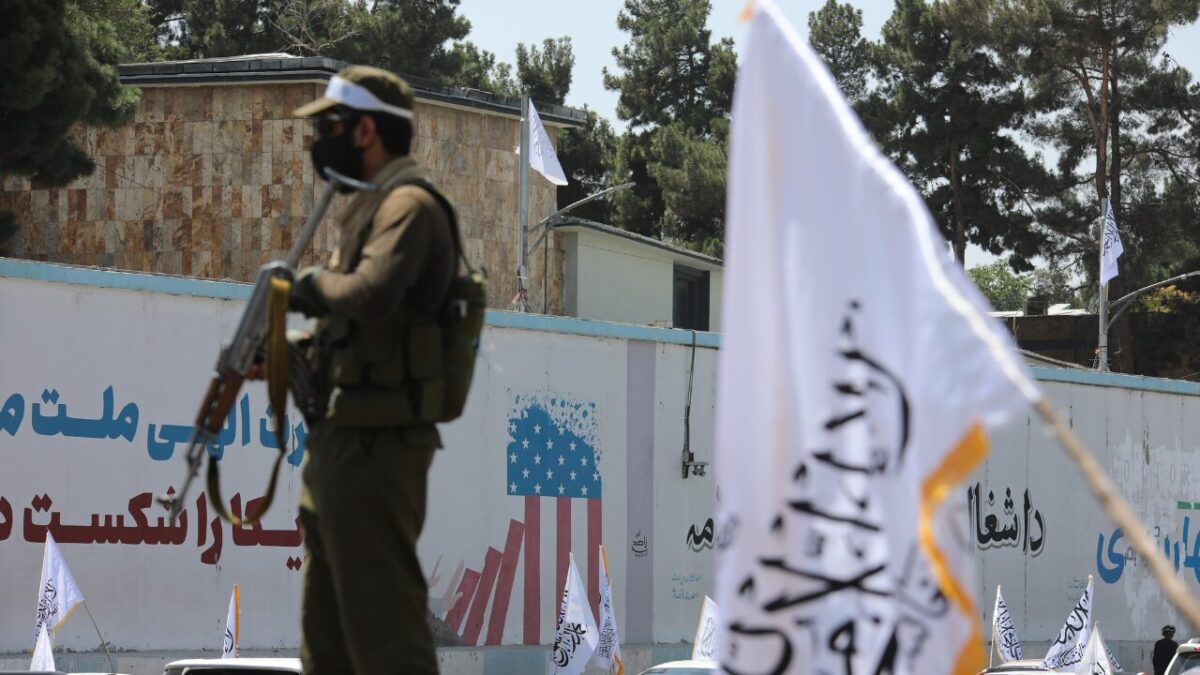KANDAHAR, Afghanistan — Taliban morality police arrested four men and one woman in Kandahar on Thursday, accusing them of “illicit relationships and spreading moral corruption.”
The Taliban’s Ministry for the Promotion of Virtue and the Prevention of Vice stated that the detainees were taken into custody in Dand District, and their cases have been forwarded to the appropriate judicial bodies for further review.
The arrests follow a similar crackdown in Kabul on Wednesday, October 30, where Taliban officials detained five men and two women, also on charges of “moral corruption.”
Taliban have previously detained women and girls in Kabul for alleged “improper dress” or “extramarital relationships.”
Richard Bennett, the United Nations Special Rapporteur on Afghanistan, recently expressed concern over the Taliban’s treatment of women in detention. Bennett reported that credible sources indicate women held by the Taliban have faced not only suppression but also, in some cases, “sexual assault and harassment.” He described the current situation as “gender apartheid,” asserting that the term captures the Taliban’s systematic and ideological approach to women’s rights in Afghanistan.
The Taliban’s new morality law, enacted in September, empowers officials to impose fines, detention, and punishment on individuals they deem in violation. Among the law’s most controversial elements is the prohibition on women’s voices in public spaces, restricting them from singing, reciting, or even reading aloud. The law mandates strict dress codes, requiring women to cover their entire bodies and conceal their faces to “prevent temptation.”
Article 13 of the law stipulates, “A woman’s body must be fully covered. Hiding her face is necessary to avoid temptation, and her voice (singing, chanting, or reading in public) is considered shameful.”
Additionally, Article 13 prohibits men from looking at women other than their wives and bans women from looking at unrelated men. The morality police are tasked with enforcing these restrictions and ensuring that neither women’s voices nor music can be heard outside the home.
The law has drawn fierce criticism from both domestic and international human rights organizations, who view the regulations as further curtailing women’s rights under the Taliban regime. Taliban officials, however, have remained adamant about enforcing these rules, despite the mounting backlash.





